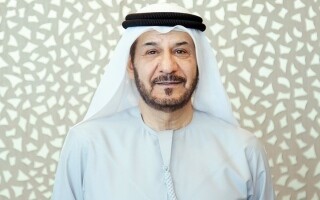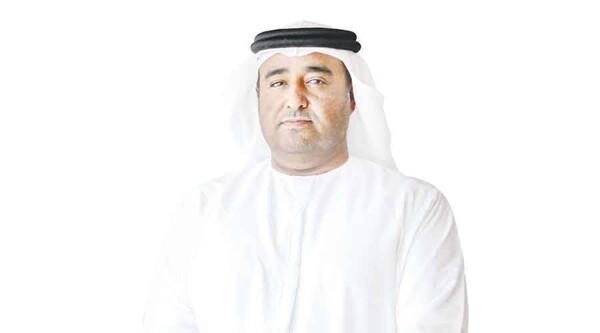
Having observed these trends, Dubai and the Dubai International Financial Centre (DIFC) are positioning themselves uniquely in the future of the financial sector, acting as gateways to the developing economies of the region and centers for global capital and wealth, strategically located between the East and the West. Asia House's chief executive director, Michael Lawrence OBE, added: 'The global financial sector is rapidly evolving under the conditions of geographic and structural changes, as well as advancements in technology.
The first report in the six-part series 'The Future of Finance' highlights key trends, changing directions of capital, and high-tech opportunities in the global financial landscape. DIFC, the leading global financial center in the Middle East, Africa, and in the South Asian region, together with research partners at Asia House, sheds light on the key drivers of deep and wide transformations in the global financial industry across all sectors and geographies in the report titled 'The Global Forecast of Finance and Investment: Tracking Technological Changes and New Global Trends'.
The report is based on general research on the network, as well as personal insights from leaders of global financial services, who are part of the financial ecosystem at DIFC. It underlines global financial trends, shaping the directions of capital and talent, identifies emerging growth corridors, discusses geoeconomic uncertainties, and provides an overall forecast for the future of the sector.
The chief business development officer at DIFC, Salman Jefferies, stated: 'The global financial sector is entering a new era. DIFC provides financial services companies access to a total of $4 trillion of private and family capital and plays an important role in transforming these large pools of regional wealth into investment capital.'
The report examines the global monetary and credit policy, market opportunities of developing countries, and new growth corridors, which modify the financial services sector. It also highlights the movement of wealth between regions, factors causing these shifts, and implications for the financial services sector.
It is expected that artificial intelligence and new technologies will have the most significant impact on finance. We look forward to collaborating with DIFC on this important research.'
The report notes that in a changing economic environment, financial companies are seeking a middle ground, capable of ensuring scalable growth, with innovative legislative actions, other legal frameworks, strategically located high potential areas for growth, supported by qualified personnel, and readiness for innovation.
Through our series 'The Future of Finance', we will discuss how the industry is experiencing rapid and profound changes, driven by the reallocation of global capital. The potential of artificial intelligence in financial services can only be realized with clear and reliable regulations. Dubai demonstrates leadership in this field, being a pioneer in introducing the Law on Digital Assets worldwide.
Our first report addresses critical trends and risks that should be at the forefront of the attention of global financial leaders. It discusses the impact of artificial intelligence and digitalization, Islamic finance, sustainable finance, private credit, and the distant effects of geoeconomic relations between major economies of the East and the West.














